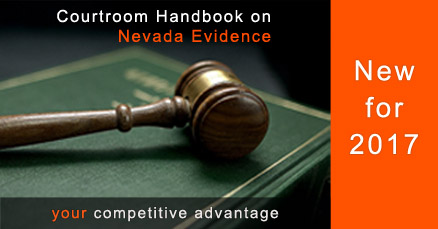
Wynn Resorts, LTD. vs. Dist. Ct. (Okada) (Nev. Supreme Ct. – Jul. 27, 2017)
The issue is under what circumstances is work performed “in anticipation of litigation” so that it is protected by the work-product privilege and not discoverable.
Okada owned approximately half of Wynn Resorts’ stock through Aruze USA, Inc., of which he was the principal. Okada also served on Wynn Resorts’ board of directors (the Board). Wynn Resorts alleged that it developed concerns about the suitability of Aruze, Okada, and Aruze’s parent corporation, Universal Entertainment Corp. (collectively, the “Okada Parties”), as shareholders of Wynn Resorts after Okada began developing a casino resort in the Philippines. In particular, the Board asserted that it believed that Aruze’s continued ownership of its stock could put Wynn Resorts’ gaming licenses at risk.
The Board conducted an investigation over several years into the business climate in the Philippines and Okada’s involvement there. The Board alleged it ultimately determined that any involvement by Okada in the Philippines was ill advised; however, Okada advised the Board that he was proceeding with his project in the Philippines.
The Board hired former federal judge and FBI director Louis J. Freeh and his firm (the Freeh Group) to investigate and report on Okada’s business in the Philippines. The Freeh Group’s letter of engagement indicated that the Freeh Group was hired as legal counsel to investigate Okada and present its findings to the Board in order to determine if Okada’s activities violated Wynn Resorts’ policies and potentially placed Wynn Resorts’ gaming licenses in jeopardy.

